China’s Fierce Anti-Graft Drive Shames Zimbabwe’s Culture of Impunity
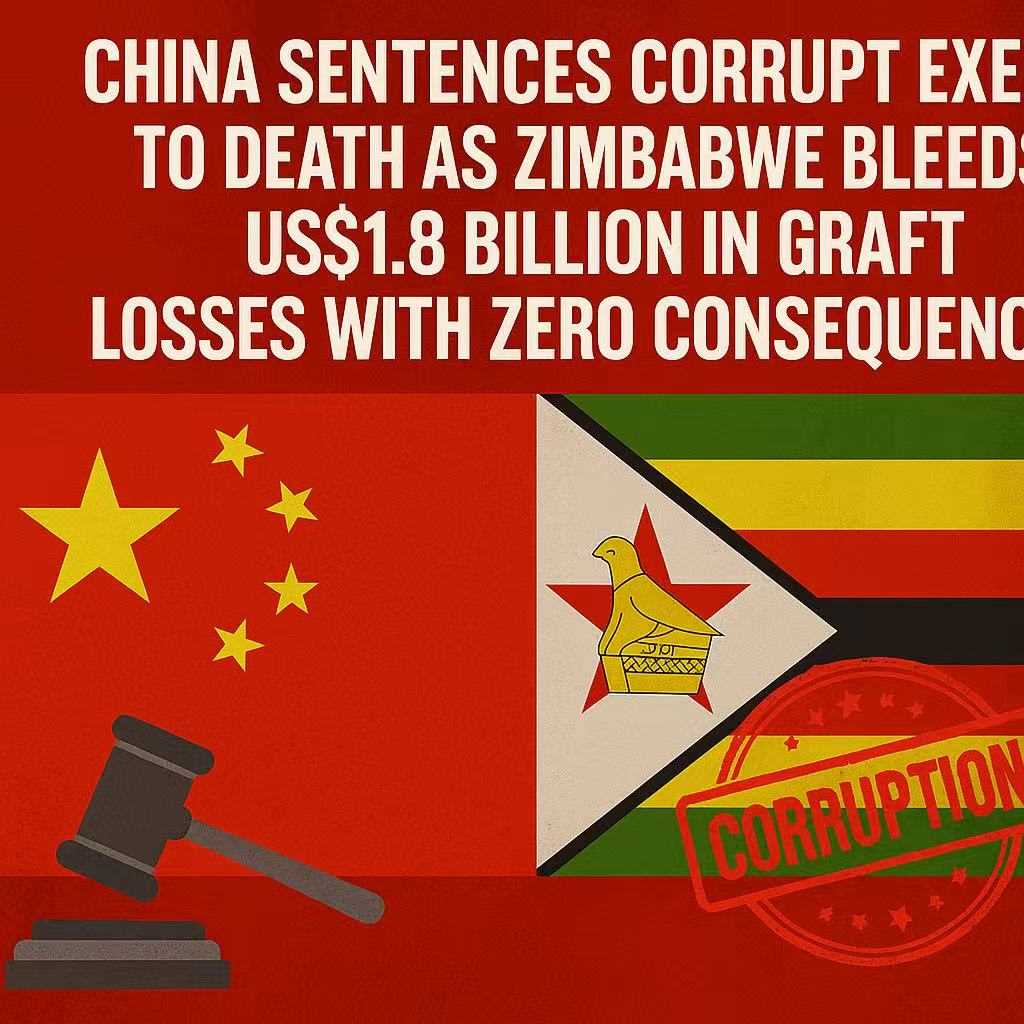
ZimNow Reporters
China’s resolute crackdown on corruption, most recently illustrated by the death sentence handed to Zhao Weiguo, former chairman of Tsinghua Unigroup, for embezzling 470 million yuan (about US$65 million), stands in stark contrast to Zimbabwe’s paralyzed anti-corruption regime—where graft is rampant, but punishment is rare.
While Zhao’s sentence includes a two-year reprieve, with a possibility of commutation to life imprisonment, the symbolism is potent: China broadcasts zero tolerance for abuse of public funds. In Zimbabwe, the opposite seems true.
Zimbabwe: A Safe Haven for Corrupt Elites
According to Transparency International’s 2024 Corruption Perceptions Index, Zimbabwe scored a dismal 24/100, plunging seven places to rank 157 out of 180 countries.
Civic groups like Transparency International Zimbabwe and the Zimbabwe Coalition on Debt and Development have long raised the alarm over selective prosecution, weak enforcement, and a culture of impunity.
The Auditor-General’s annual reports repeatedly expose abuse of public resources in institutions like ZINARA and NSSA—with virtually no follow-up action. Public hospitals like Harare and Mpilo can’t even track medical inventory accurately, leaving critical drugs vulnerable to theft and black-market diversion.
High-Profile Arrests, No Real Accountability
Zimbabwe’s graft scandals often begin with a bang but end with a whisper:
• Wicknell Chivayo received millions in advance for the Gwanda solar project in 2015—no power has been generated to date.
Wicknell Chivhayo’s Intratrek set to revive Gwanda...
His firm, Intratrek, has since controversially landed more state contracts, including for the 2023 election materials. His IMC, created for a special exclusive Starlink deal, has now been turned into a roadworks company, an industry where the biggest government tenders are currently to be found.
Chivayo’s IMC, Created for Failed Exclusive Starli...
• Henrietta Rushwaya, caught in 2020 smuggling 6kg of gold, was convicted in 2023 but walked away with a US$5,000 fine and a suspended sentence.
Henrietta Rushwaya found guilty, remanded in custo...
• Mike Chimombe and Moses Mpofu are accused of fraudulently securing an US$88 million goat tender. Despite receiving US$7 million in advance and delivering just a fraction of the promised goats, the trial remains in limbo nearly a year later.
Related Stories
Chimombe, Mpofu goat scheme trial set for October
· Neville Mutsvangwa, son of power couple Chris and Monica Mutsvangwa, was arrested on charges related to illegal forex transactions leading to the fall of the newly introduced Zimbabwe Gold currency in 2024. His case is still pending before the courts.
Neville Mutsvangwa finally granted bail after 3 weeks...
• The Pomona waste-to-energy deal, pegged at US$344 million, continues to bleed the City of Harare at US$22,000 a day—despite outcries from Parliament and civil society.
Controversial Pomona deal still to take off
- The city of Harare has numerous cases of corruption, with the ratepayers having to see their money go towards expensive labor costs, where the implicated officials are rehired or demand compensation for illegal termination. The current leadership at COH is entangled in many allegations of corruption, including a solar lighting tender involving Moses Mpofu. But they remain in control.
COH's Recycled Hosiah Chisango Cartel Accused of L...
Public Confidence Erodes
The Zimbabwe Anti-Corruption Commission continues to announce arrests and investigations, but critics say it lacks prosecutorial teeth. Activists and journalists who expose graft often face harassment, adding a chilling effect to citizen oversight.
Harare-based governance analyst Nixon Nyikadzino warns:
“When the public sees high-profile suspects evade justice, it corrodes trust in institutions and entrenches a sense that the powerful are untouchable.”
Economist Tapinashe Mangwiro says Zimbabwe’s anti-graft fight needs more than legal tools.
“We need institutional reform, civic empowerment, and international cooperation. Without transparency and accountability, Vision 2030 is a mirage.”
US$1.8 Billion Lost Annually
Former ZACC chair and current Prosecutor-General Justice Loice Matanda-Moyo estimates Zimbabwe loses US$1.8 billion annually to illicit financial flows. That’s nearly 10% of GDP—money that could fund hospitals, schools, and infrastructure.
“What hurts the most,” said Matanda-Moyo, “is that the ordinary citizen is the most affected.”
Government Shrugs
Rather than expressing resolve, Home Affairs Minister Kazembe Kazembe recently told Parliament:
“It is not possible for the Government to totally eradicate crime, corruption and stealing. … We are carrying out awareness campaigns every day.”
Compare that with China, where even politically connected figures like Zhao face real consequences.
While no system is flawless—China continues to battle corrupt officials—it doesn’t reward them with impunity or more contracts.
Political willpower the missing link
Zimbabwe’s entrenched graft is not due to lack of knowledge or evidence—it’s due to lack of will. Until political leaders show the courage to clean their own house, Zimbabweans will continue to pay the price for corruption with their livelihoods, services, and hope.











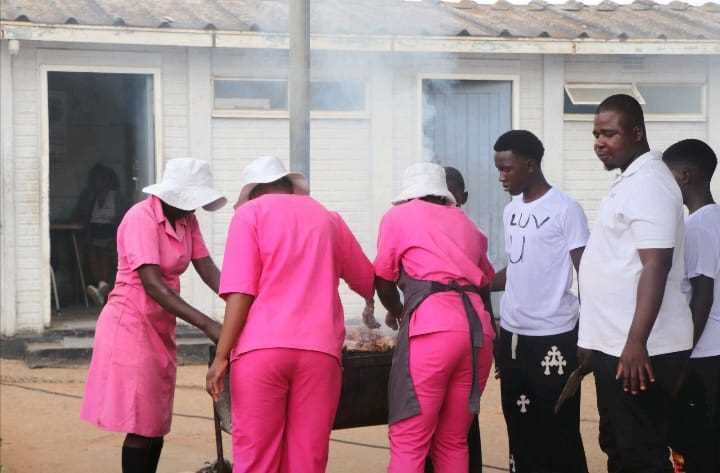
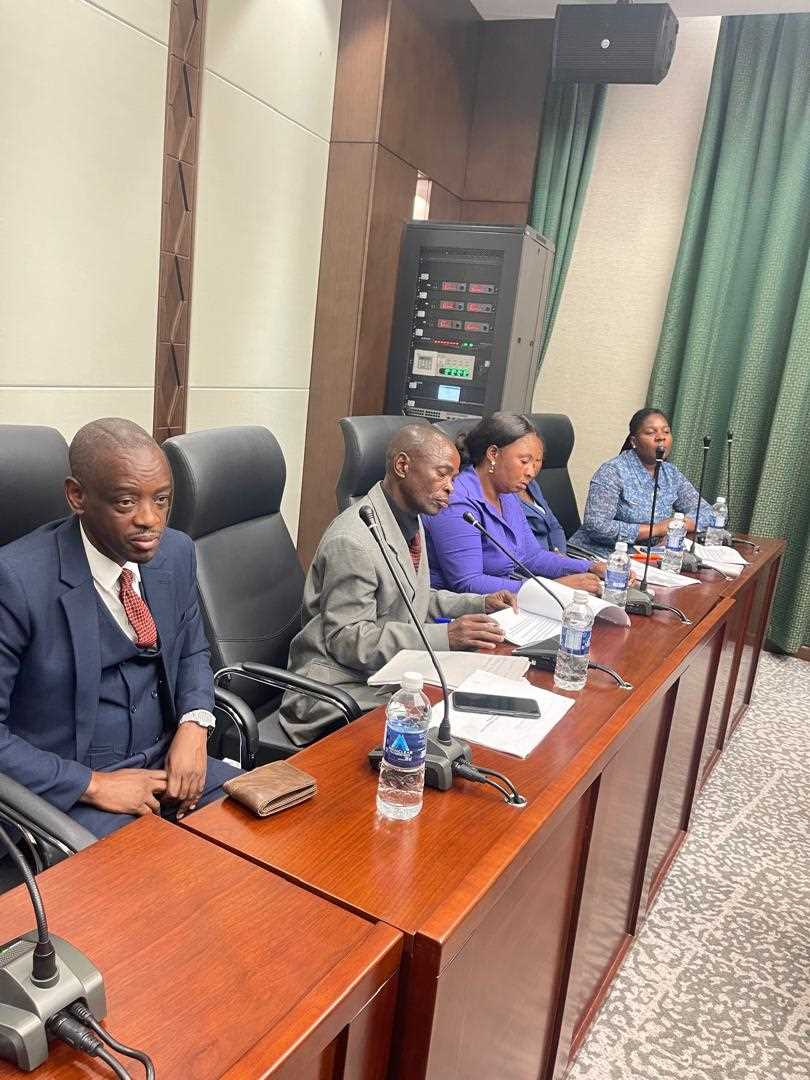


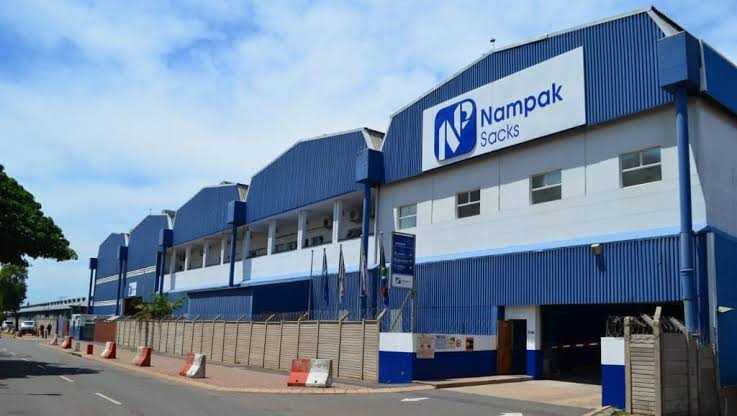
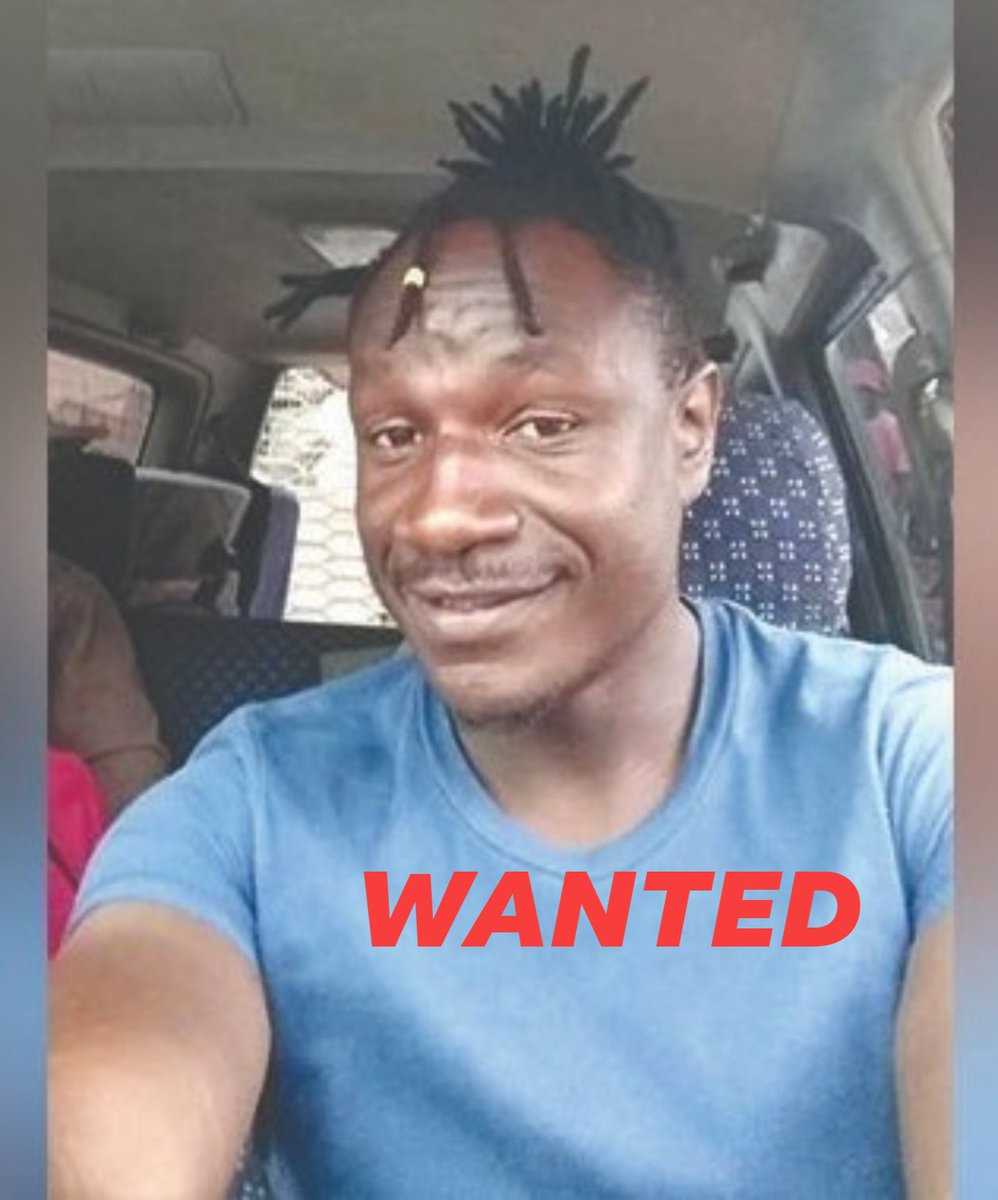
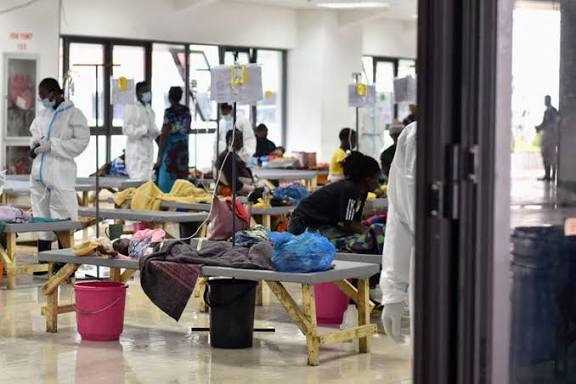


Leave Comments